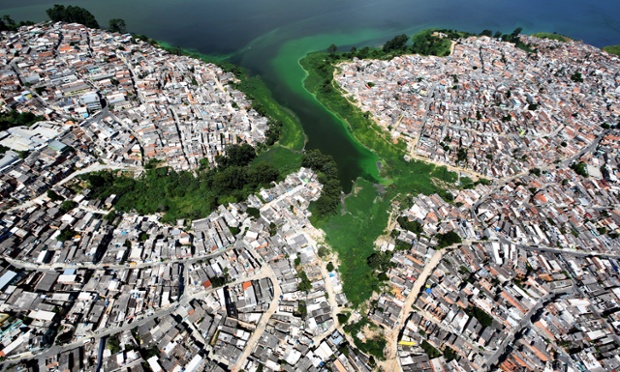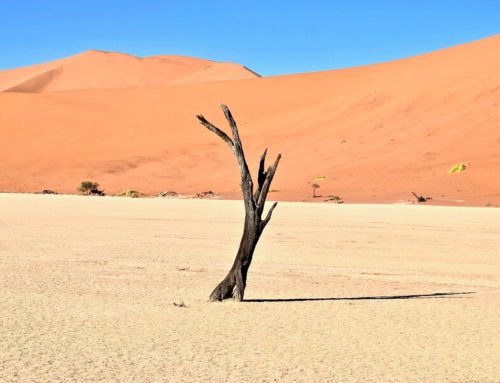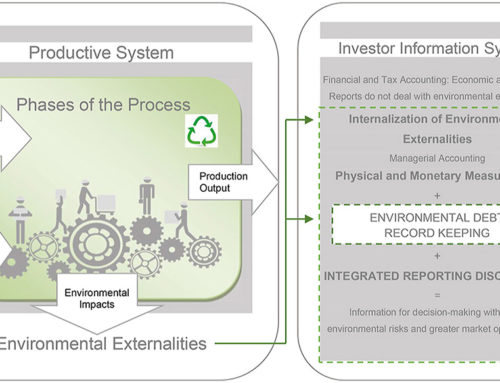First published in the Guardian on April 10th, 2015
It’s hard to overestimate the appalling environmental and economic crisis that’s brewing in Brazil right now. The country is in the grip of a crippling megadrought – the result of pollution, deforestation and climate change – that deeply threatens its economy, society and environment. And the damage may be permanent: São Paulo, Brazil’s largest city and industrial center, has begun rationing water and is discussing whether or not it will need to depopulate in the near future.
But if Brazil’s drought is shocking, Wall Street’s shortsighted approach to the country is appalling. Institutional investors’ reports on the country – the seventh largest economy in the world – cite worries about inflation, government cutbacks and low consumer confidence. But I could not find a single analysis that mentioned the existential threat facing the country: the megadrought that is expected to last decades and could destroy the Brazilian economy. Not a single analysis cited the brutal global impact that this will cause.
In other words, a host of institutional investors have found worrisome things to say about Brazil, but none seem to be aware of – or, at least, willing to face – the country’s greatest threat.
Attempting to separate economies from environment – as many of these analysts seem to do – is like trying to separate mind and body. It simply doesn’t work.
We will never repair our business models and government policies to conform to the real environmental constraints of the 21st century until we repair this fundamental flaw in our economic system. Investors and analysts regularly review a host of factors – including national debt, inflation, currency devaluation and other financial considerations – when they formulate their economic predictions. Their decision to omit the environment as a fundamental economic consideration is willfully ignorant and negligent.
Economies are cyclical, with periods of boom and bust. But a lack of water can cause permanent damage. São Paolo, which is one of the richest cities in the world, serves as the financial center for most of South America. The consequences of this drought are hard to calculate, but one can get an idea by imagining how water rationing in New York City – and the attendant population drop, public outcry and social instability – would affect the world’s economy.
This lack of foresight on the part of financial analysts is nothing new. They are overlooking this high risk situation, just as they did with the dotcom boom and bust, the subprime global meltdown, and a host of other financial crises. This willful delusion is also cyclical, and also a significant threat to the world’s economy.
I have worked with dozens of multinational corporations on transformative projects and initiatives that cut or eliminate waste, water usage, emissions and energy consumption. Every single company has had the same complaint: they do something spectacularly difficult and smart that enhances their company’s long-term financial security. But, when it comes time for the quarterly earnings calls with Wall Street, no one ever asks about it.
Executives are responsible for maintaining a stable supply chain, a predictable P&L, a respectable brand image, and a keen awareness of competition and regulations. Sustainable business innovation connects with all of these, and is one of the pillars needed to keep a modern financial house in order. Unfortunately, Wall Street doesn’t seem to notice.
This is as egregious as ignoring subprime debt in 2007. In India – the world’s fastest-growing economy and the darling of Wall Street – one out of six deaths each year is caused by air pollution. Factor in water and pesticide issues, and the death toll creeps higher. (I guess all that economic growth will help pay for all those health care costs.)
Just as in China, India’s wealthy people are moving their kids away from the big cities and centers of pollution. But clean air and water ought to be human rights, not luxuries reserved for the rich.
There are so many parables about the cost of money, from Midas who died of starvation and killed his beloved daughter when he valued nothing more than gold, to the New Testament, where Jesus teaches about the price of a rich man’s soul. But we don’t have to get religious to agree that without clean air, land and water, and a stable climate, we all suffer. And of course, as with everything else, the least privileged among us suffer most.
Wall Street investors: please put your money where your mouth is.





